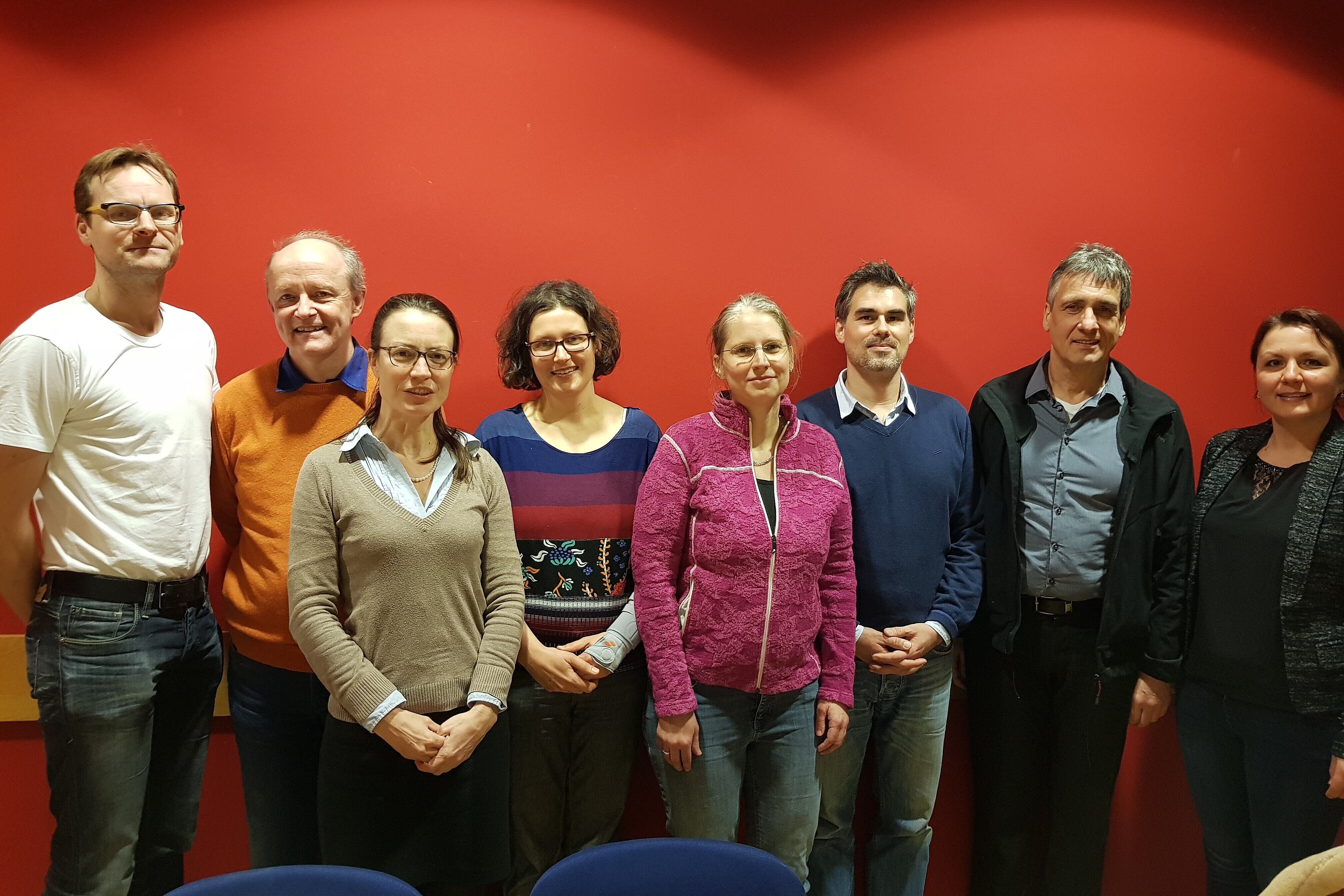Dr Castell, what is the focus of WASA?
Inappropriate treatment with antibiotics is one of the reasons for the development of antibiotic resistance, which has become a global problem. About 85 per cent of antibiotics are prescribed in ambulatory care – and not always according to medical guidelines. For this reason, the Hygiene Network of Southeast Lower Saxony together with partners has developed a guideline-based training for general practitioners. The WASA study investigates if the training would impact antibiotics prescriptions by doctors or at least their attitude. We evaluate the trainings scientifically.
How could the WASA training help doctors?
For many diseases, there are evidence-based clinical guidelines for diagnosis and treatment developed by professional societies to ensure a state-of-the-art treatment. For example, in 2017 new guidelines for urinary tract infections were released – with a volume of more than 200 pages! WASA offers standardised lectures that are a concise excerpt from the relevant guidelines. Every training is conducted in small groups to ensure lively discussions and better learning.
How do you evaluate WASA?
The effectiveness of the training is evaluated in two steps. We use a questionnaire to estimate whether participants intend to implement their insights in day-to-day clinical practice. Additionally, we use data from a large public health insurance to evaluate antibiotics prescriptions by general practitioners before and after the training and assess differences with practitioners who did not participate.
What are the challenges WASA is facing?
The project is complex and requires special expertise for the analysis of the insurance data. It took us about a year to coordinate all data flows with five participating institutions, to establish and standardise the presentations and to develop the questionnaire before we could start with the training. In addition, it is difficult to attract participating doctors, as there are many training opportunities on various medically burning topics.
When do you expect results of WASA?
The training will be completed by the beginning of 2019. In the further course of the project we will receive insurance data that accrue in the year after the trainings. The results will then facilitate the introduction of similar trainings in other regions and hopefully have a positive effect on antibiotic prescriptions in our region.


